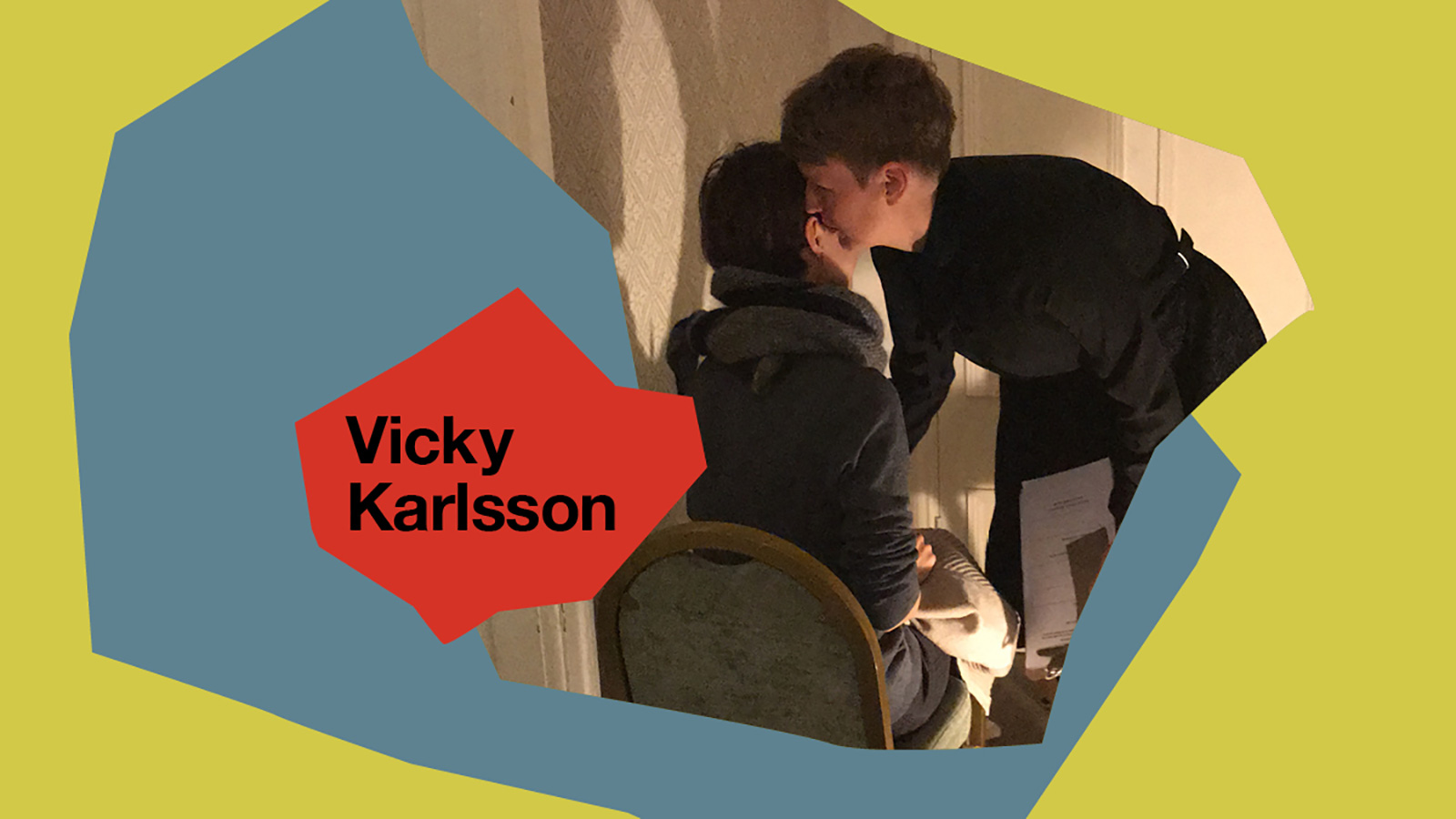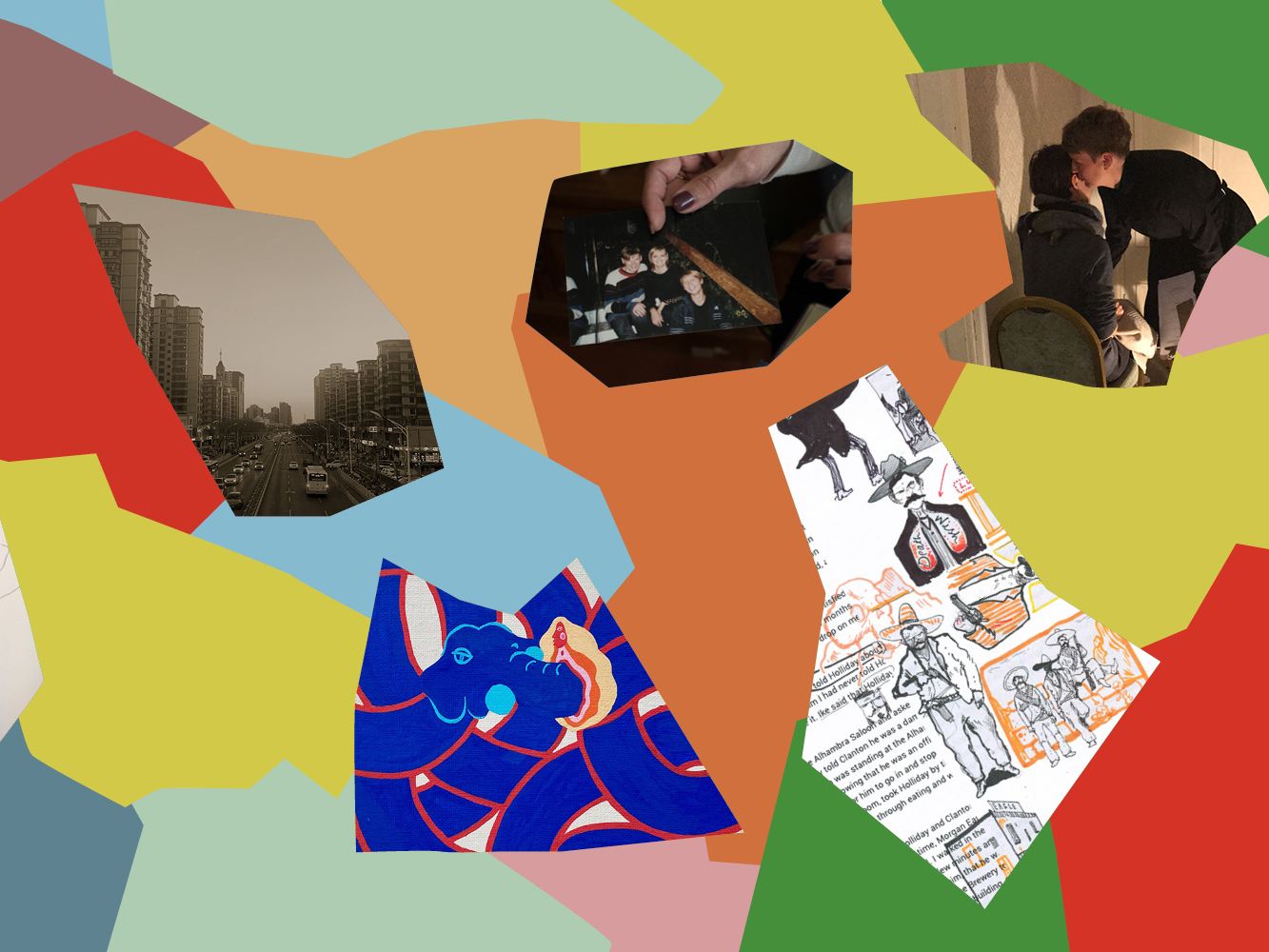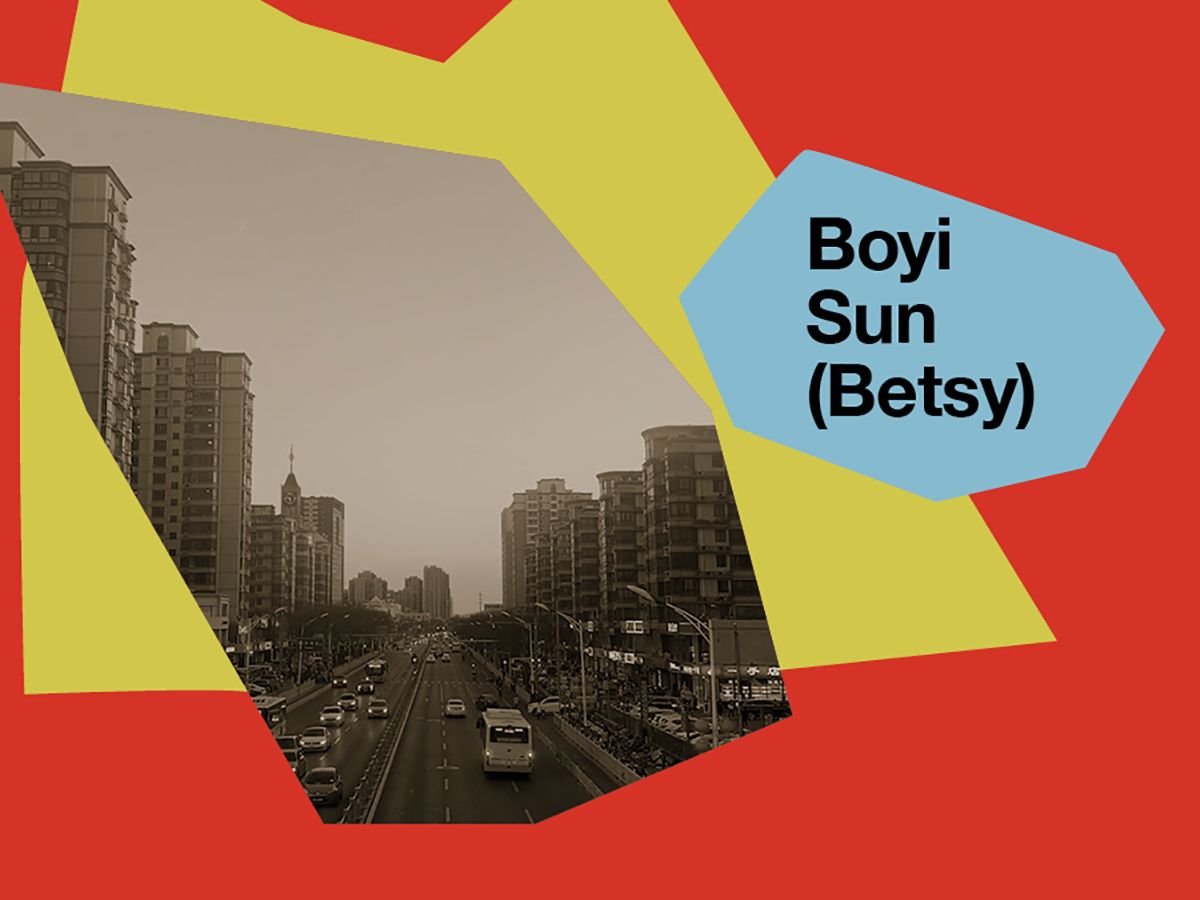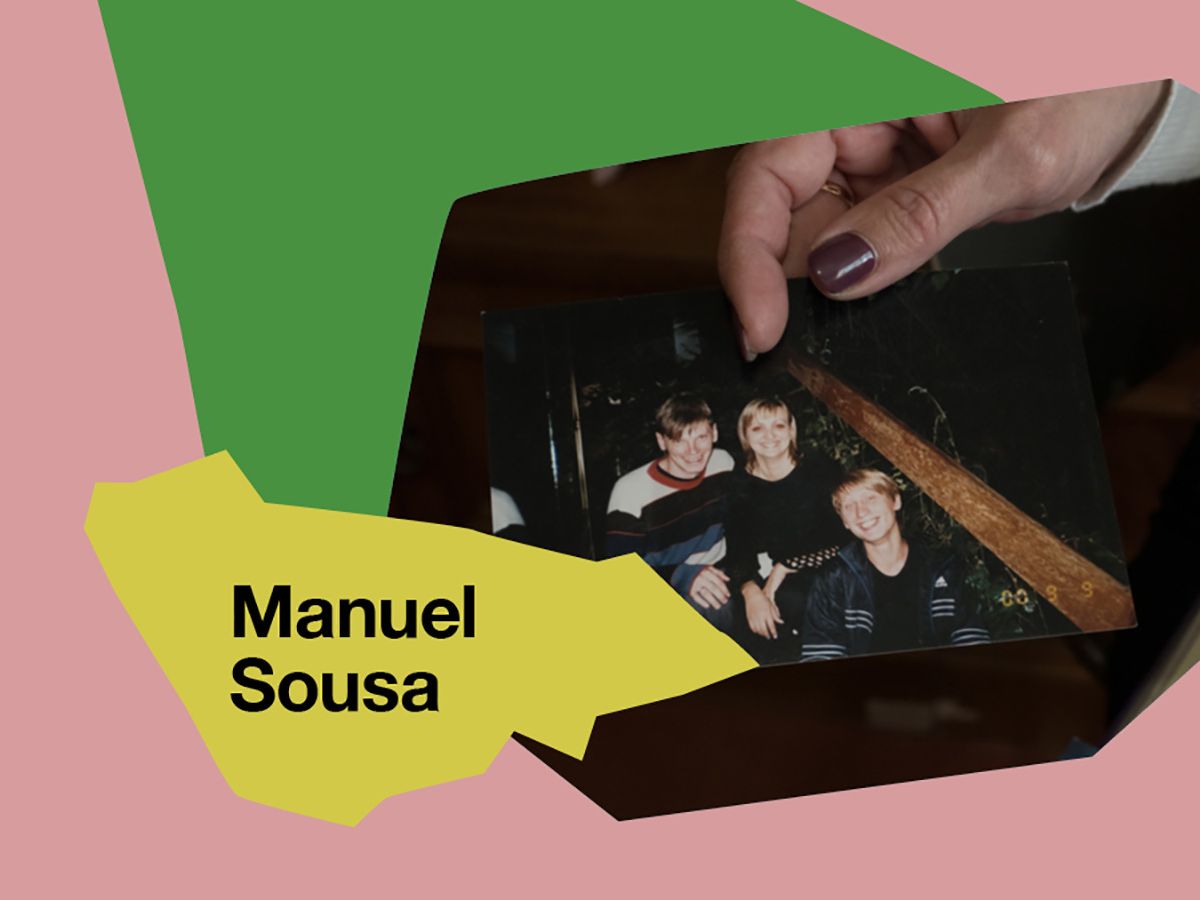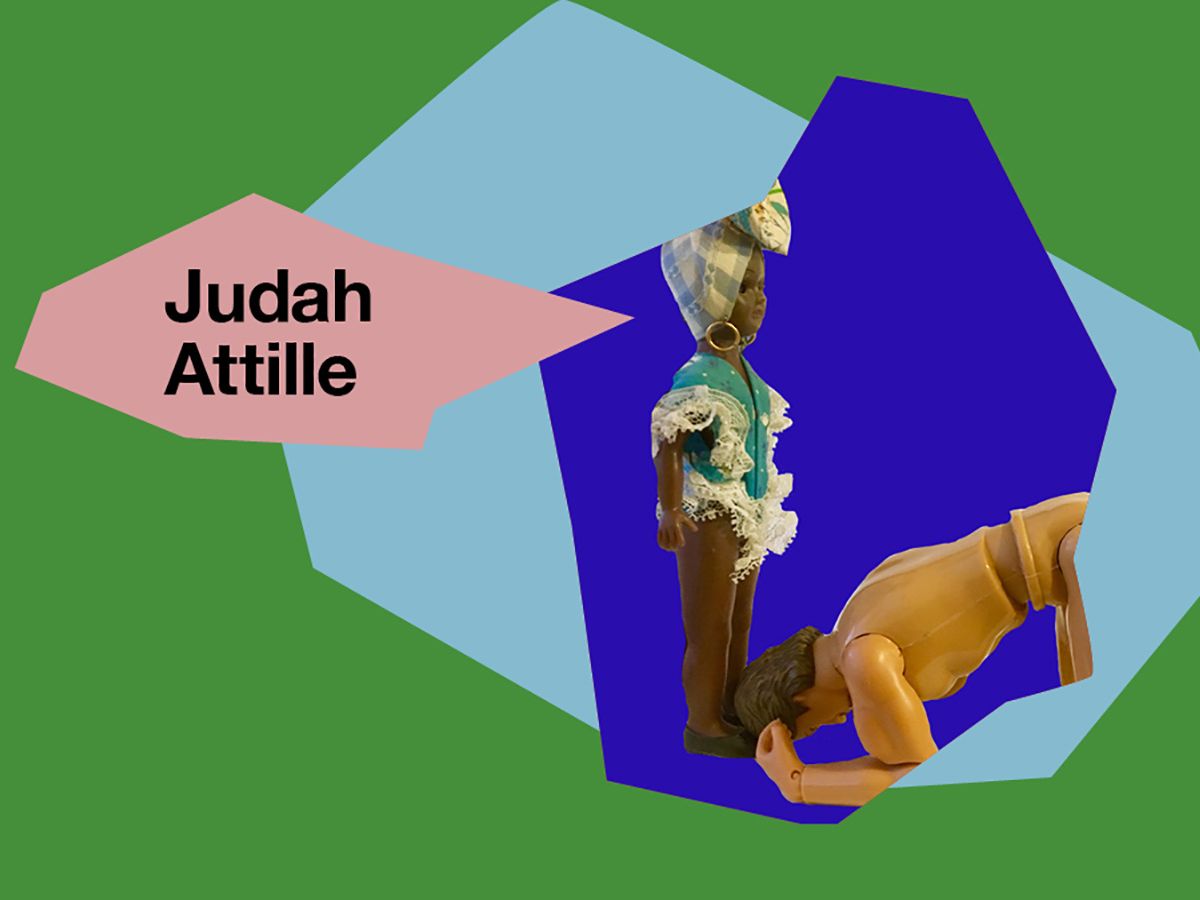At London College of Communication, our research community is home to world-renowned practitioners and theorists who make a vital contribution to our creative culture through a range of activities such as collaborations, partnership projects and doctoral work.
Our second doctoral work-in-progress exhibition, Unfolding Narratives 2, highlights 7 of our PhD students at various stages in their academic journey. Connecting conceptual thinking with practice through explorations of themes such as the body, culture, identity, gender, race, ethics and narrative, this exhibition aims to celebrate the emergence of new and compelling work while inviting wider audience engagement and feedback.
To mark the launch of Unfolding Narratives 2, we caught up with our exhibiting students to explore their practice, current projects, and creative journeys so far.
Victoria Karlsson
Sound artist Victoria Karlsson explores both internal and external experiences to consider how we think about, remember and dream about sound. Based at UAL's CRiSAP Research Centre (Creative Research into Sound Arts Practice), her work focuses on the sounds we hear in our minds – ‘similar to, but different from, our inner voice’ - by invoking elements of performance, visual and text scores, installations and sculpture.
Victoria's work includes projects such as Sonic Contagion, which considers how sound can 'infect' our bodies and minds, transgressing liminal borders between the Self and the Other; and TeleSonic Transmission, which explores the medium of television as 'an occult domestic medium' with the power to enable collective inner listening experiences through the extension of one's own body.
We talked to Victoria about 'sounds we hear in our thoughts', the unexpected synchronicities of the every-day, and the importance of understanding sound in a wider cultural context.
Sonic Contagion | Victoria Karlsson
Tell us a little bit about your creative journey so far.
I became interested in sound art while studying for my BA degree, which focused on ‘media art’ and was quite open-ended.
I started by making electronic composition work but got more and more interested in people’s relationship with sounds - how they make us feel; what sounds we like and dislike, and why we like and dislike them; what sounds we remember and think about.
I went on to study MA Sound Arts at LCC, which was really inspiring. After graduating, my work became more and more about 'sounds we hear in our thoughts', and as I struggled to find anything written on the topic, I thought it would be interesting to pursue a PhD in order to explore it further.
Does your practice have a central ethos, theme or message?
I’m interested in sounds and listening, especially our subjective relationship with - and experiences relating to - both of these areas, which I like to explore in different ways using performance, installation, photography, and text, as well as more traditional compositional practices.
I’m really keen to make sure my work is accessible and engaging to everyone – whether you have come across the concept of sound art before, or never heard of it.
What is your creative process like?
To start off, I like to undertake research – often, projects begin because I see or read something that I find interesting, explore it a bit, and then a project comes to mind.
I work as an administrator to support myself financially at the moment. On the one hand, this means that research and work can get a bit fractured, but on the other, it also allows for weird or unexpected synchronicities to happen. I work at Tate Modern, so maybe I just see something on my way to work, speak to a colleague about something, or even visit an exhibition that I wouldn’t normally go to - all of which influences my creative process in unexpected ways, which I kind of like.
Why did you decide to undertake your PhD at LCC?
I studied for my MA here, and I really enjoyed it.
I really like working with CRiSAP (UAL’s Centre for Research into Sound Arts Practice, which is based at the College). It has a broad and diverse understanding of what sound art is and could be – thinking about sound and listening within a wider cultural context.
What have been the highlights of your experience so far?
I’ve just really enjoyed the whole journey and process. I like doing research, discovering the new ways my creative work has evolved, and meeting so many different people at LCC.
Related links:
- Explore more of Victoria's work on her website.
- Learn more about selected doctoral works in Unfolding Narratives 2.
- Find out more about Research at London College of Communication.
